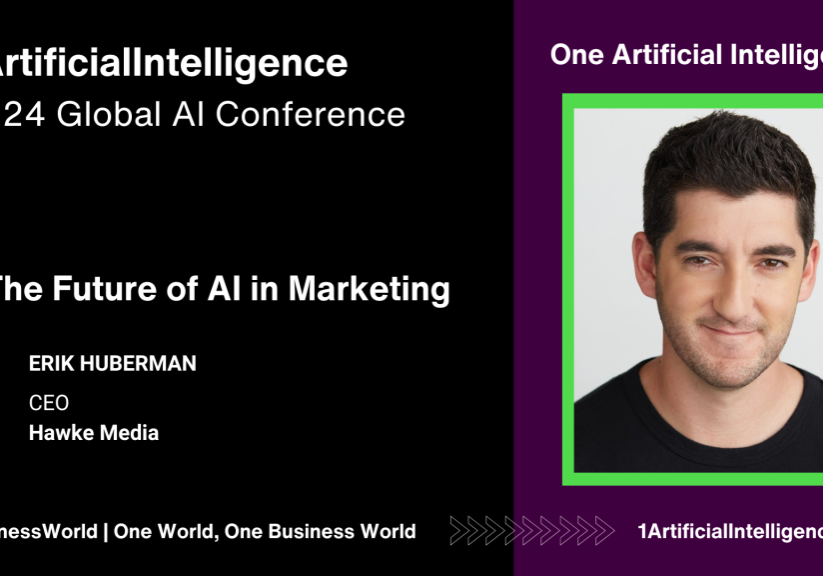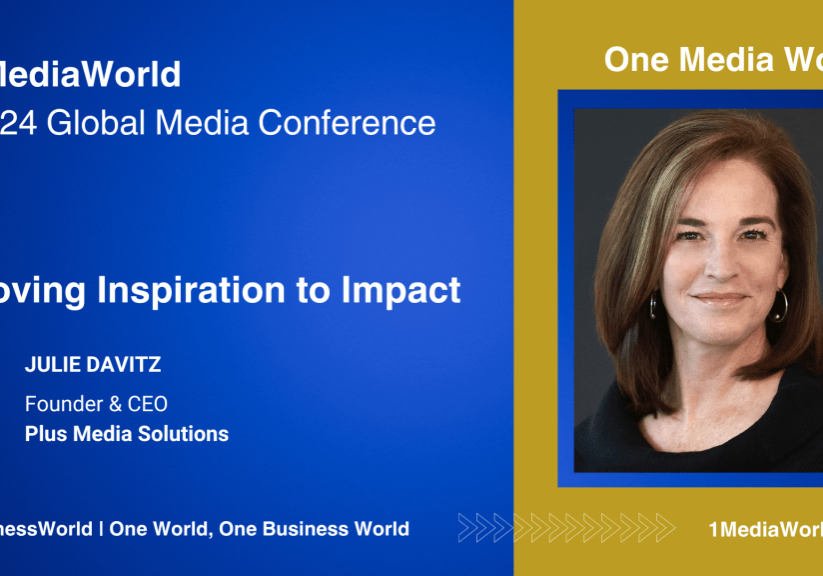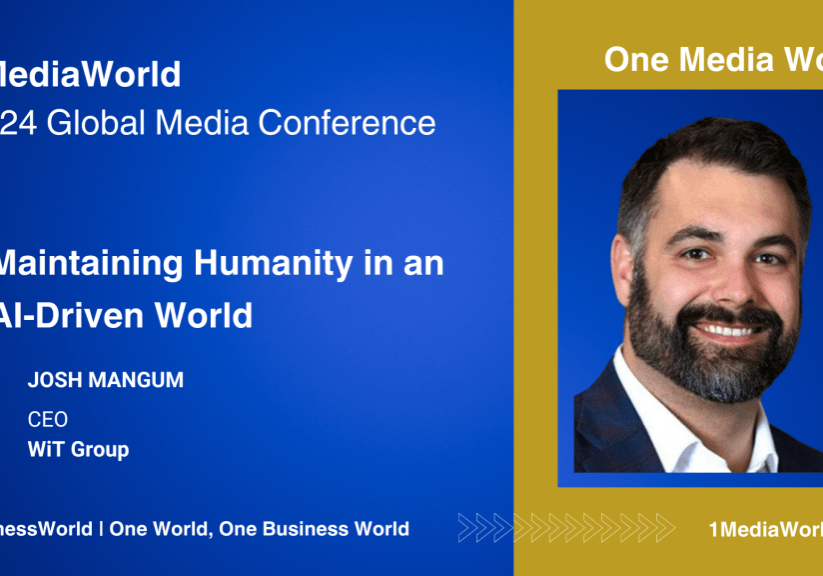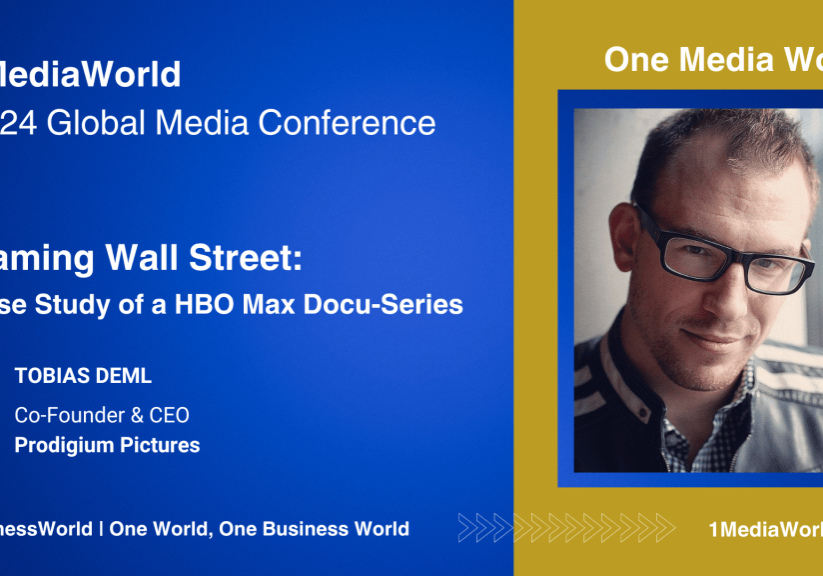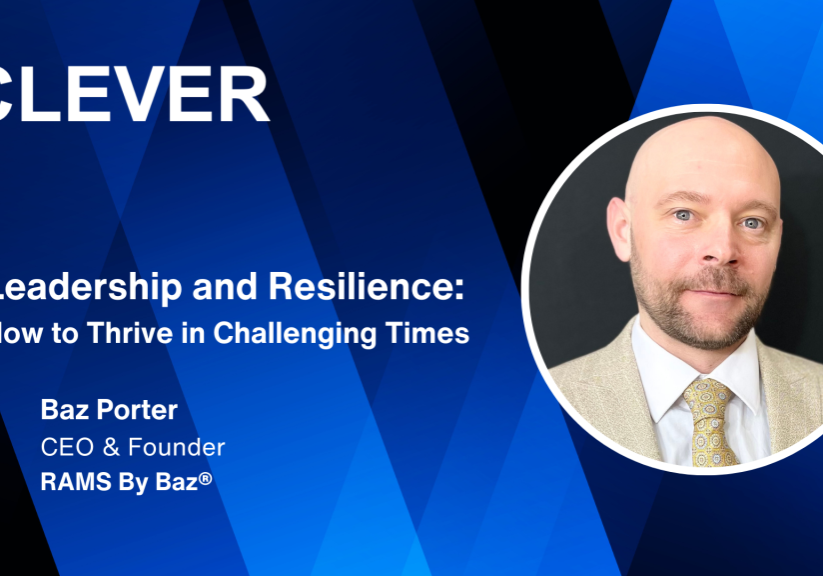
Millions of people who are blind or visually impaired use a technology known as a screen reader to access the Web. However, few websites are coded to work properly with screen readers. Global web standards that specify how to support screen reader users as well as other people with disabilities have been available since 1999, but an estimated 70% of websites are still not accessible. Why is that? And more importantly, what can be done?
At Sight Tech Global (December 1-2, register today!), a free, virtual event centered on advanced technologies and accessibility for the blind and visually impaired, Facebook’s Mike Shebanek and Matt King will unfold a W3C community project years in the making that will address a huge technical limitation that has held back Web accessibility for screen readers. Be sure to join Sight Tech Global for this very important session.
To understand the technical challenge to accessibility, it’s helpful to contrast screen readers with web browsers. For more than 20 years, web developers have been building consensus on how web browsers should interpret and display web code so every web page can look and feel the same no matter which browser or device is used to view it. Companies that develop browsers and other key stakeholders in the web industry have invested heavily to create standards and build massive infrastructure that runs millions of tests every day. These tests guarantee the thousands of little coding agreements that make it possible to “write code once and then run it everywhere.” …
